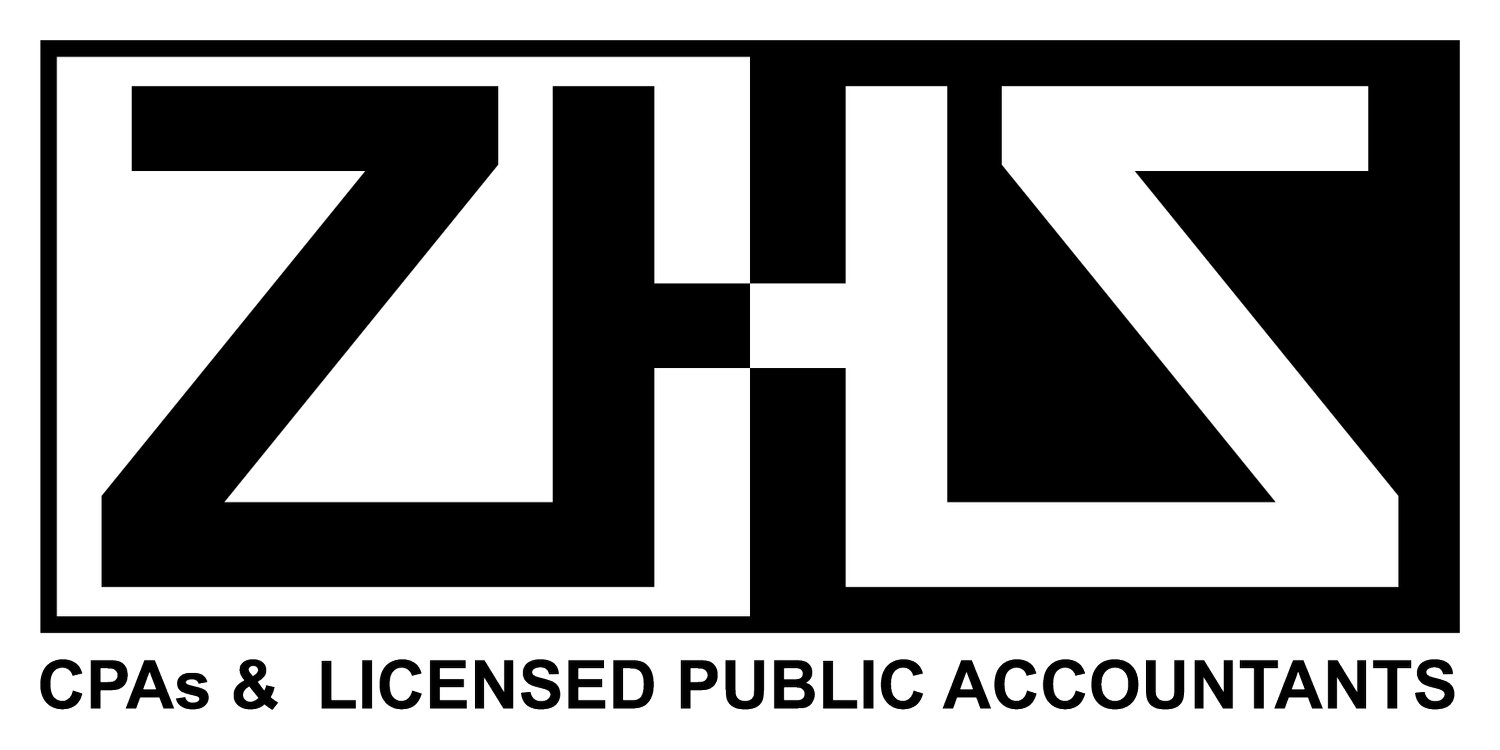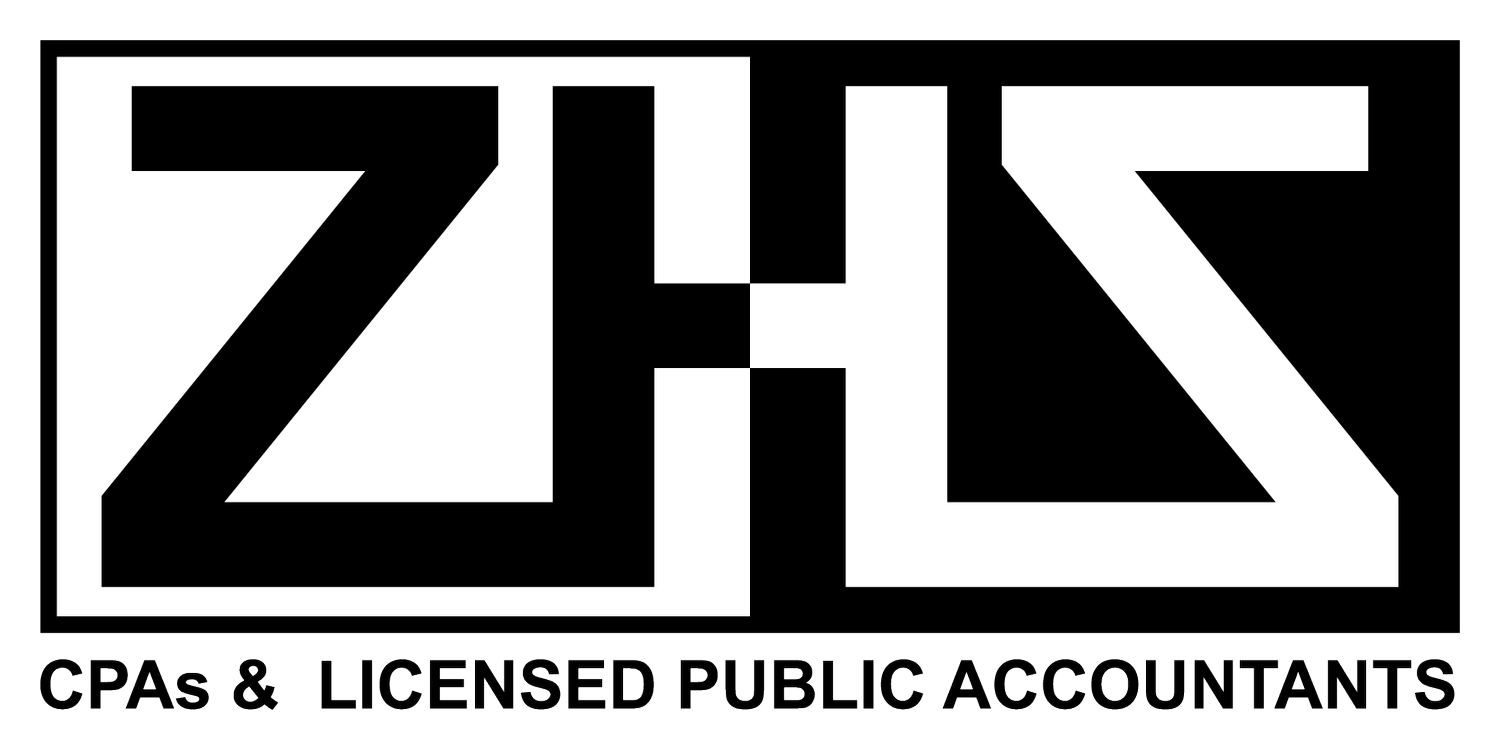Canadian Tax Alerts 2024: Important Changes that Will Affect Your Business Returns
Keeping up with the tax compliance landscape is challenging. It does not only involve paying the latest tax rates but documentation and other compliance requirements as well.
Here are a few major tax alerts from the Canada Revenue Authority (CRA) and the Canadian government authorities that can affect your business and personal tax returns in 2024.
GAAR Rules Expansion
The General Anti-Avoidance Rules (GAAR) aims to discourage tax avoidance transactions by businesses and corporations. If GAAR applies, the CRA denies the tax benefit, exclusion of the transaction, and/or takes other measures to recover the full taxes as they would be payable in the absence of such transaction(s).
The currently proposed Bill C59 includes some key changes to the GAAR existing rules too.
Avoidance Transaction Threshold
The avoidance transaction threshold is lowered to expand the GAAR application. The previously “primary test” definition is changed to the “one of the primary purposes” of the transaction to seek a tax benefit.
It expands the GAAR application scope and a transaction or a series of transactions will now be considered avoidance transaction(s) even if they occurred for other financial or economic purposes but one of the primary purposes of the reporting entity was to seek tax avoidance.
Economic Substance Test
A significant part of the proposal includes the revision of the economic substance test scope. The proposal says if it’s established that a transaction (or series of transactions) significantly lacks economic substance, it will indicate that such transaction meets the “misuse or abuse” test.
To establish the “lack of economic substance”, the proposal includes the following factors to consider:
● All or substantially all of the opportunity for gain or profit and the risk of loss remains unchanged.
● If it is concluded that the tax benefit exceeds the non-tax economic return.
● It is reasonably concluded that all or almost the entire purpose of the transaction was to seek tax benefit.
Penalty
If you fail to convince the CRA that a transaction was not conducted to obtain tax avoidance, you’ll have to pay penalties. The new proposal inflicts a 25% penalty on the increase of the tax benefit amount as a result of the transactions under the GAAR scope.
However, if you voluntarily or mandatorily disclose such transactions to the CRA, you can avoid these penalties.
Assessment Period Extension
Changes through Bill C59 give CRA more time to assess such transactions. The proposed extended assessment period will be three years from the transaction date unless it was reported to the CRA.
Intergenerational Business Transfer (IBT) Rule Changes
Some changes to the existing intergenerational business transfer (IBT) or succession planning rules provide more flexibility to small businesses. Usually, these businesses are owned by family members and the ownerships are transferred to children, grandchildren, nieces/nephews, or grandnieces/grandnephews.
The proposal aims to ensure a genuine transfer of business ownership among the family members. It offers two choices for the ownership transfer plan to parents (transferors) and children (transferees).
An immediate IBT that meets the three-year test and a gradual IBT that meets the five to ten-year test.
● Both parties; the parents and children, must jointly elect a share transfer plan from one of the two options - immediate or gradual IBT plans.
● Parents cannot have ownership control - legal and factual after the share transfer with an IBT but can retain economic (but not legal) control with a gradual IBT.
● The management transfer period is 36 months for an immediate and 60 months for a gradual IBT plan.
● The children must receive control of the entity within 36 months and 60 months for an immediate and gradual IBT respectively. At least one of the children must be actively involved in business activities for the said periods.
● For both the immediate and gradual IBT plans, the entity must remain an active business for 36 and 60 months respectively.
If the transferor parents can meet one of the elected plan requirements, they can claim a capital gains reserve on the share transfer for up to 10 years.
Apart from these structural and strategic changes for your business tax compliance reporting, the CRA has proposed a few other important tax changes that will affect your returns in 2024.
Carbon Tax Increase
The increased carbon tax rates will affect both Canadian individuals and businesses alike. The new carbon tax rate will be $80 from April 1, 2024. It means the gas prices per liter will increase from $14.3 to $17.6.
However, Canadians living in provinces where the carbon tax is applicable will also start receiving carbon tax rebates. The amount of the tax rebate depends on the size of family household members.
Green Technology Investment Tax Credit
As part of the flagship climate policy of the current Canadian government, it has introduced tax credits for the use of clean energy and carbon capture methods.
If you meet the requirements, you can claim a tax credit of up to 30% of the expense of the eligible clean energy equipment under the Clean Technology Investment Tax Credit. The Clean Technology (ITC) will be reduced to 15% in 20234 and phased out after that.
Similarly, you can claim a refundable tax credit of up to 60% on eligible costs under the Carbon Capture, Utilization, and Storage Investment Tax Credit. The CCUS ITC will be reduced to 30% from 2031 to 2040 and phased out after that.
Digital Services Tax
The Bill C59 also included a proposal for a 3% digital services tax (DST) for all Canadian and foreign enterprises offering services in Canada.
The proposal aims to widen the tax net for online marketplaces, social media platforms, and other entities offering online services to Canadian residents. However, the proposal is for large entities to meet the global threshold revenue of €750 million and the in-scope revenue threshold of $20 million for Canadian digital service providers.
Higher Interest Rates on Late Payments
The current interest rate on income tax payments, quarterly payments, retirement contributions, and other penalties from the CRA is 9%. The proposal increases the interest rate to 10%.
Home-Office Expense Deduction Rule Changes
The CRA allowed a flat $2 per day home-office expense deduction rate for simplicity during the COVID-19 period from 2020 to 2022. However, the relaxation is reversed and employees must use the detailed method to deduct qualified home-office expenses.
Also, eligible employees must now provide confirmation from their employers and meet the eligibility criteria like working for at least straight 8 weeks for more than 50% of their work hours. Any expenses reimbursed by employers cannot be claimed through home-office expense deductions.
Takeaway
The tax compliance landscape is complex and ever-evolving. The proposed changes in tax policies directly affect your personal and business tax returns. If you need assistance to comply with any tax changes, our experienced team will be happy to assist you.

